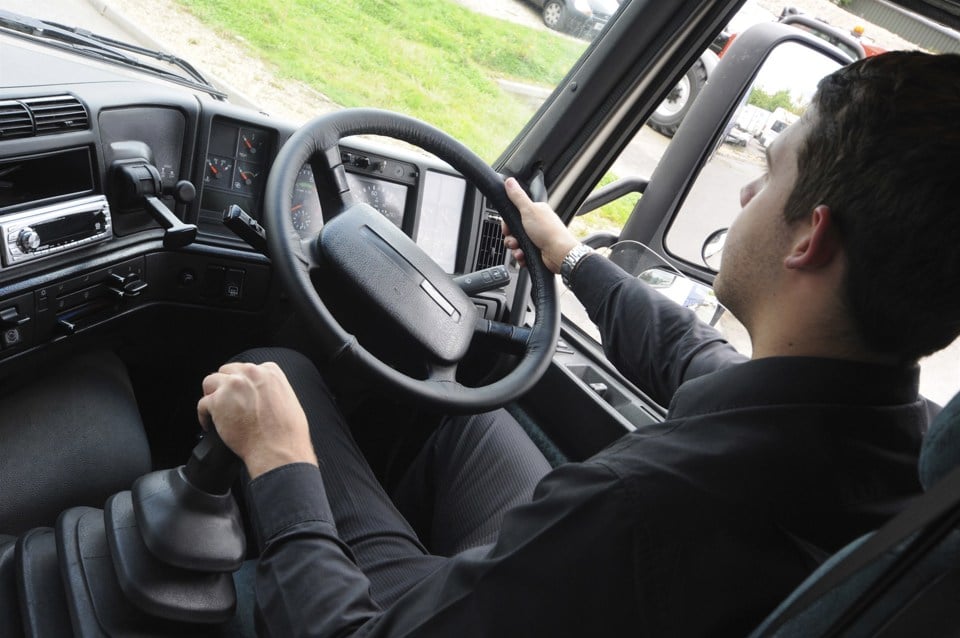The EU has decided against forcing member states to allow 17-year-olds to be able to drive a heavy goods vehicle (HGV).
The initial proposal from the European Commission, published in 2023, would have required all EU countries to allow 17-year-olds to train to drive a lorry.
However, EU negotiators struck a final deal yesterday (Tuesday, March 25), which now makes this optional for member states.
Currently, only five EU countries allow teenagers as young as 18 to drive a lorry: Finland, Germany, Ireland, Poland and Spain.
Ellen Townsend, policy director of the European Transport Safety Council (ETSC), said: “Allowing teenagers to drive lorries at 17 is and always was a terrible idea.
“Data from several countries show that younger drivers of heavy goods vehicles are much more likely to crash. We urge member states not to take up this option.”
The legislation introduces some positive changes, according to ETSC. For the first time, there will be a probationary period of at least two years for all new drivers in the EU.
However, the headline initiative to require all member states to introduce a total alcohol ban for novice drivers has been dropped.
Instead, member states should apply stricter rules or sanctions for driving under the influence of alcohol or drugs.
Townsend said: “Zero tolerance on drink-driving for all new drivers was a simple and effective rule that should have been applied across the EU.
“It’s a shame that member states have watered down this text. We hope the remaining EU countries that don’t yet apply this rule will do so soon, in particular Belgium, Bulgaria, Denmark and Finland that still have a 0.5 BAC limit for novice drivers.
“All other EU countries have or will soon have either a zero or 0.2 limit for novice drivers.”
Another small change in the legislation will enable more people to use an alcohol interlock instead of receiving a driving ban for drink-driving in countries, such as Belgium, Denmark, Finland, France, Poland and Sweden that have such a programme.
In the future, learner drivers in the EU will also be trained on new driver assistance technologies.





















Login to comment
Comments
No comments have been made yet.